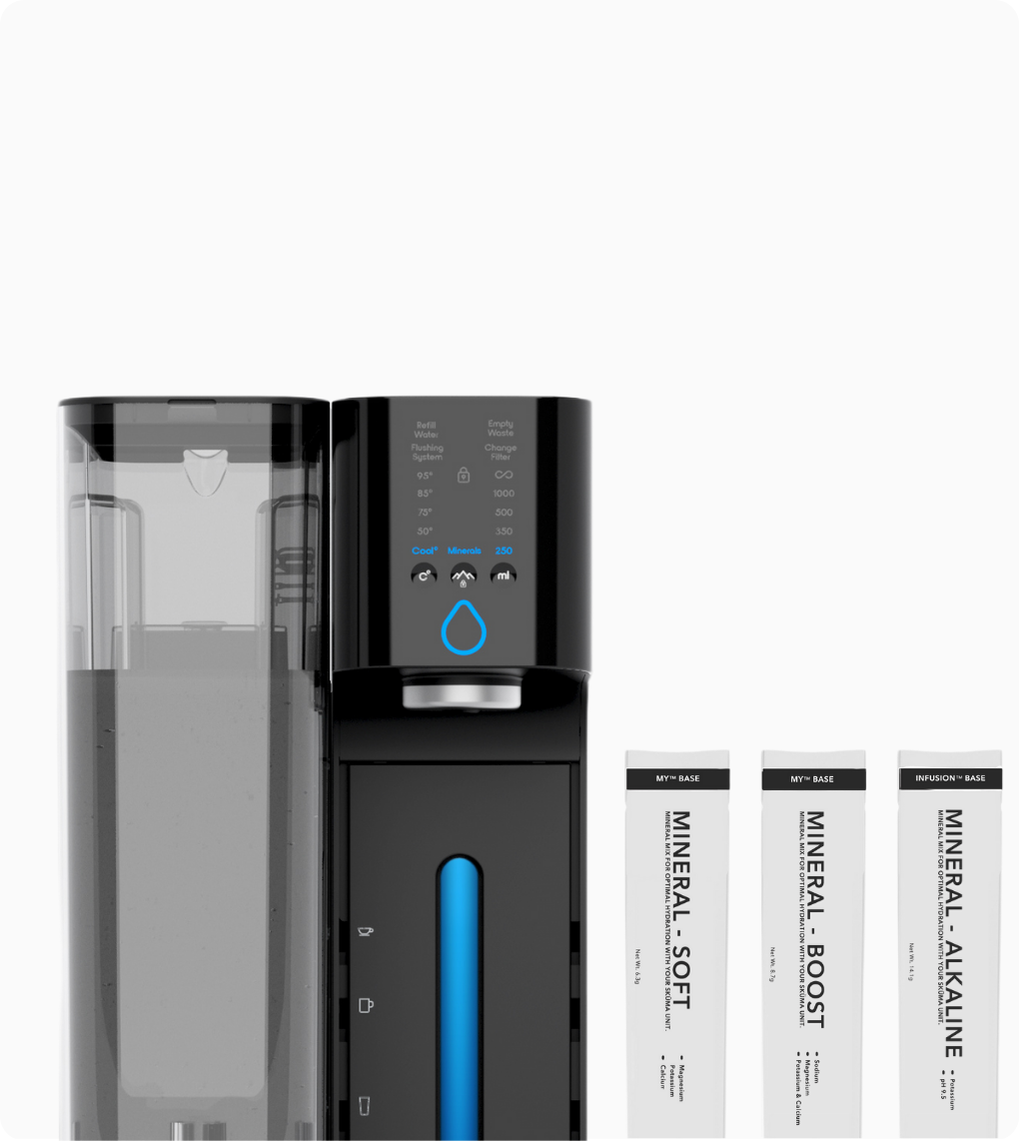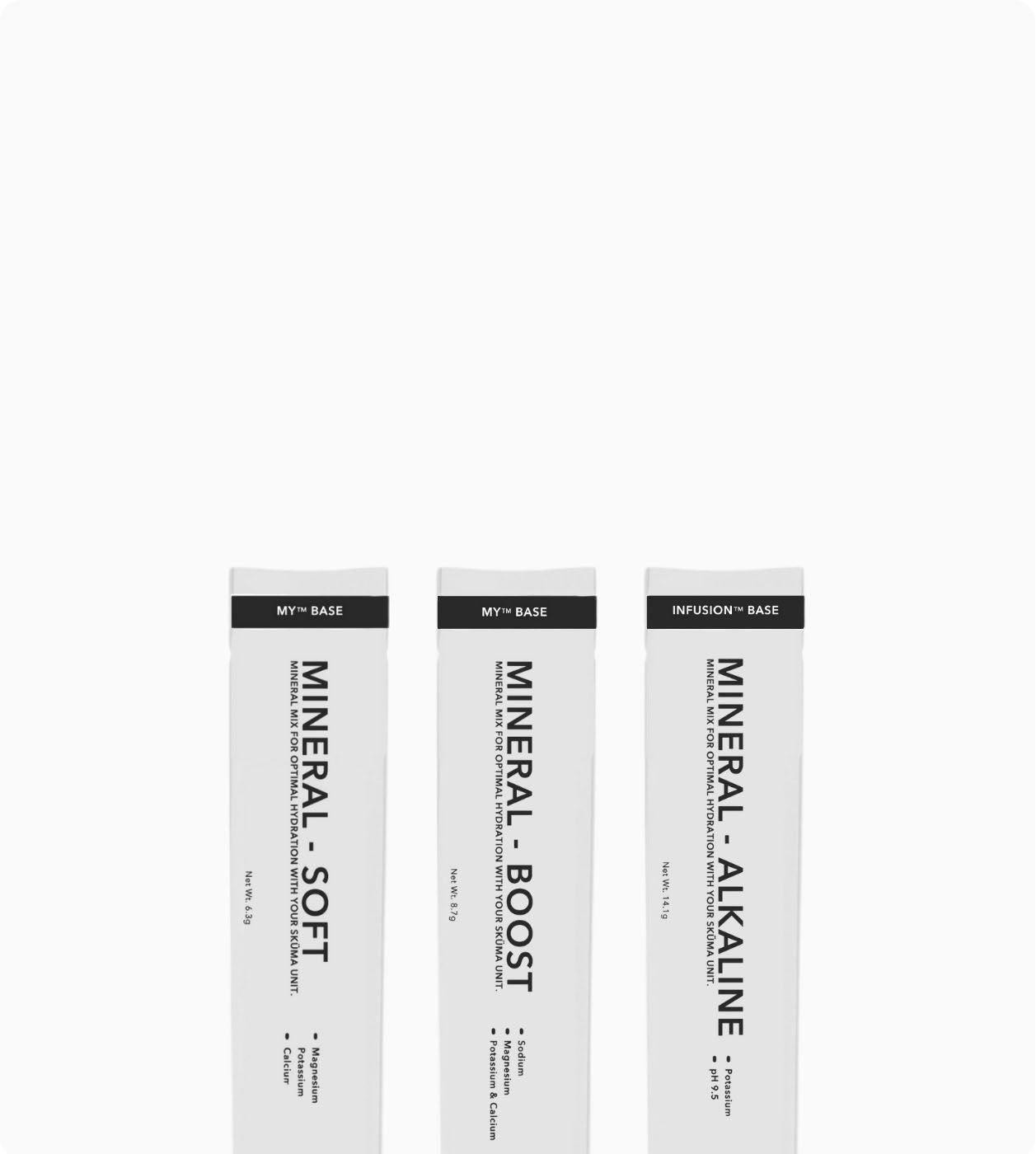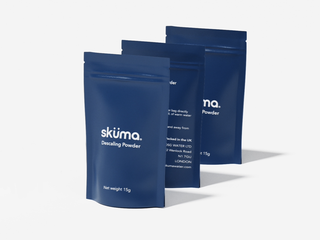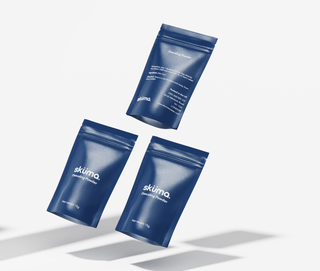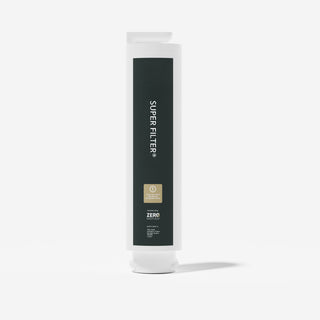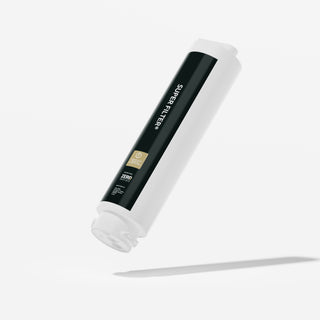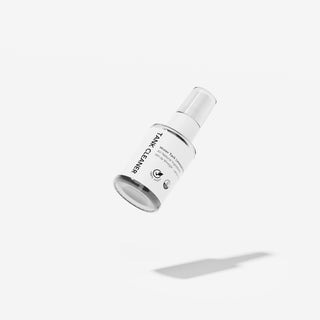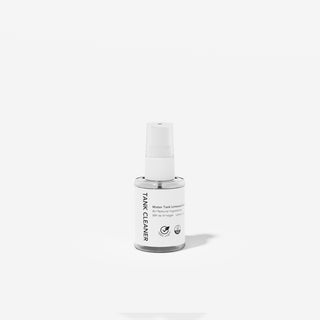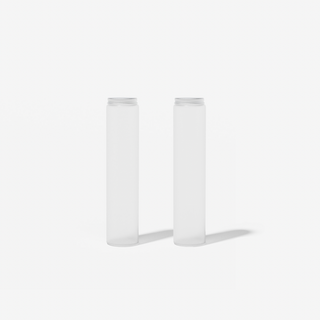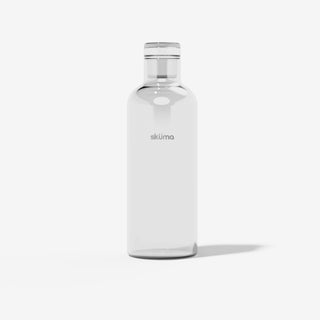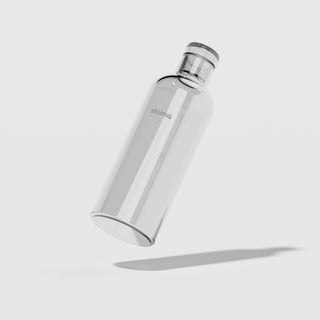The Origins of the Cold Water Fear
The belief that cold water harms digestion isn't new. Traditional Chinese Medicine has long taught that cold foods and drinks can dampen the body's "digestive fire" and disrupt the balance of qi. Ayurvedic medicine similarly suggests that cold water can weaken "agni," the digestive fire responsible for breaking down food.
These ancient healing systems have valuable wisdom, but their explanations for physiological processes were developed thousands of years before we understood modern anatomy, physiology, and biochemistry. Today's wellness influencers have taken these traditional concepts and presented them as scientific fact, often without examining what current research reveals.
The Modern Myths: What Wellness Gurus Claim
Current cold water myths include a variety of dramatic claims:
Myth 1: Cold water "shocks" your digestive system The claim suggests that cold water causes your stomach and intestines to contract, disrupting normal digestion and causing discomfort.
Myth 2: Your body wastes energy heating cold water Proponents argue that drinking cold water forces your body to expend precious energy bringing the water to body temperature, somehow impairing metabolic function.
Myth 3: Cold water slows metabolism and prevents weight loss Some wellness advocates claim that cold water literally slows down your metabolic processes, making it harder to lose weight.
Myth 4: Ice water prevents proper nutrient absorption The theory suggests that cold temperatures somehow interfere with your body's ability to extract and absorb nutrients from food.
Myth 5: Cold water causes digestive problems and bloating Many believe that cold water leads to indigestion, gas, and other digestive discomforts.
What Science Actually Shows
The Temperature Reality Check
Here's a fundamental fact that debunks most cold water myths: your stomach is an incredibly efficient heating system. Research published in the American Journal of Physiology shows that liquids consumed at any temperature quickly equilibrate to body temperature within minutes of reaching your stomach.
When you drink cold water, several things happen:
- The water enters your stomach at its consumed temperature
- Your stomach's muscular walls and blood supply rapidly warm the liquid
- Within 10-15 minutes, the water reaches approximately 37°C (98.6°F)
- This process requires minimal energy expenditure
The Metabolism Misconception
Contrary to the myth that cold water slows metabolism, research actually suggests the opposite. A study published in the Journal of Clinical Endocrinology and Metabolism found that drinking cold water temporarily increased metabolic rate by up to 30% in healthy adults. This increase occurred because the body does indeed use energy to warm the water—but this process actually boosts rather than slows metabolic function.
The energy expenditure is modest (about 4-7 calories per glass of cold water), but it's a metabolic increase, not a decrease.
Digestion and Cold Water: The Real Story
Multiple studies have examined whether water temperature affects digestive function, and the results consistently show that cold water does not impair normal digestion in healthy individuals.
Research published in Gastroenterology demonstrates that:
- Stomach acid production remains unaffected by water temperature
- Gastric motility (the stomach's muscular contractions) continues normally
- Enzyme activity remains optimal regardless of initial water temperature
- Nutrient absorption proceeds without interference
The Exercise Exception
There is one scenario where water temperature matters significantly: during and after intense exercise. Studies show that cold water (around 15-22°C) is actually superior for exercise hydration because:
- It's absorbed faster from the stomach
- It helps lower core body temperature during exertion
- It may improve exercise performance and recovery
When Cold Water Might Actually Cause Issues
While the general population can drink cold water without concern, there are specific situations where temperature might matter:
Individual Sensitivities
Some people genuinely experience discomfort from very cold beverages due to:
- Sensitive teeth or dental work
- Esophageal sensitivity conditions
- Certain gastrointestinal disorders
- Personal temperature preferences
The Real Factors That Actually Matter for Hydration
While water temperature gets disproportionate attention, here are the factors that genuinely impact hydration and health:
Water Quality and Purity
The most crucial factor isn't temperature - it's what's actually in your water. Contaminants, chemicals, and pollutants have real, measurable effects on health, unlike temperature preferences.
What Skuma Addresses:
- Removes chlorine, fluoride, and other chemicals that can affect taste and health
- Eliminates bacteria, viruses, and parasites that cause genuine health problems
- Provides consistent, pure hydration regardless of your temperature preference
Timing and Quantity
- Regular, consistent intake throughout the day
- Drinking before you feel thirsty
- Adjusting intake based on activity, climate, and individual needs
Electrolyte Balance
For most daily activities, pure water provides optimal hydration. The body's sophisticated regulatory systems maintain proper electrolyte balance without intervention.
The Takeaway
So whether you prefer your water ice-cold, room temperature, or slightly warm, drink with confidence knowing that you're not harming your digestion or metabolism. Focus your attention on what genuinely matters: staying consistently hydrated with pure, clean water that's free from contaminants and chemicals.
Citations:
- Sun, W. M., et al. (1988). Effect of drink temperature on anthropyloric motility and gastric electrical activity in humans. American Journal of Physiology, 255(5), G550-G555.
- Boschmann, M., et al. (2003). Water-induced thermogenesis. Journal of Clinical Endocrinology & Metabolism, 88(12), 6015-6019.
- McArthur, K. E., & Feldman, M. (1989). Gastric acid secretion, gastrin release, and gastric emptying in humans as affected by liquid meal temperature. American Journal of Clinical Nutrition, 49(1), 51-54.
- Maughan, R. J., et al. (2007). Factors influencing the restoration of fluid and electrolyte balance after exercise in the heat. British Journal of Sports Medicine, 31(3), 175-182.
- Szlyk, P. C., et al. (1989). Effects of water temperature and flavoring on voluntary dehydration in men. Physiology & Behavior, 45(3), 639-647.
- Casa, D. J., et al. (2000). National Athletic Trainers' Association position statement: fluid replacement for athletes. Journal of Athletic Training, 35(2), 212-224.
- Jeukendrup, A., & Gleeson, M. (2019). Sport nutrition: An introduction to energy production and performance. Human Kinetics.
- Armstrong, L. E., et al. (2007). Hydration assessment techniques. Nutrition Reviews, 63(6), S40-S54.
- Shirreffs, S. M., & Maughan, R. J. (1998). Volume repletion after exercise-induced volume depletion in humans: replacement of water and sodium losses. American Journal of Physiology, 274(5), F868-F875.
- Mentes, J. C. (2006). Oral hydration in older adults: greater awareness is needed in preventing, recognizing, and treating dehydration. American Journal of Nursing, 106(6), 40-49.


